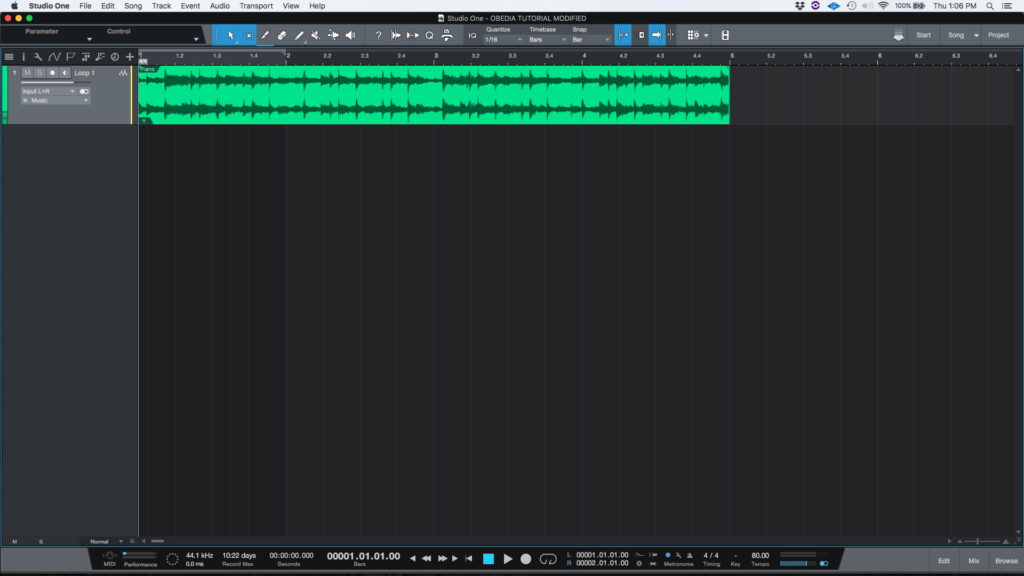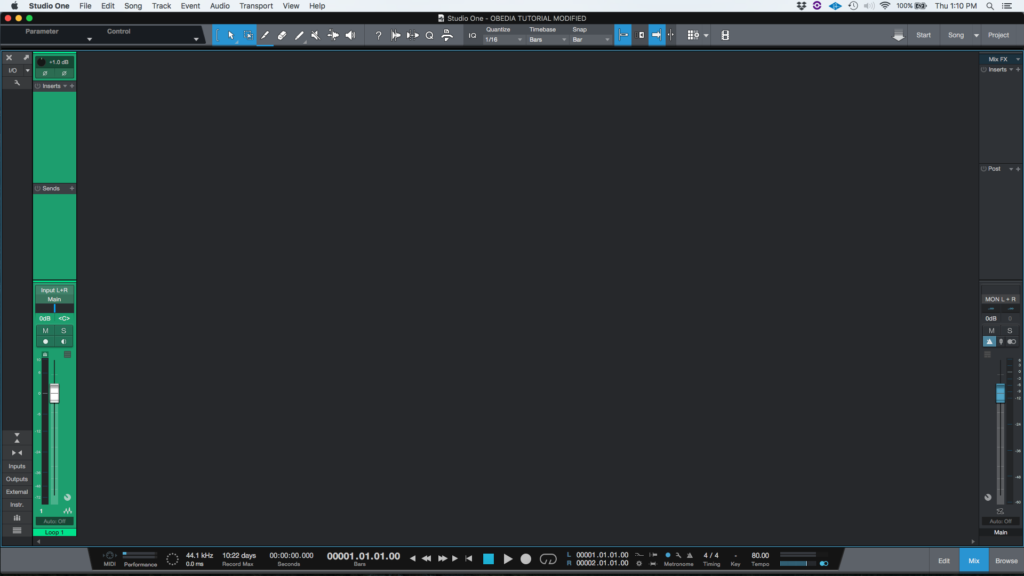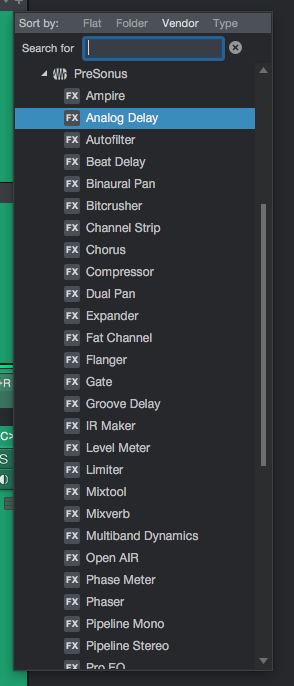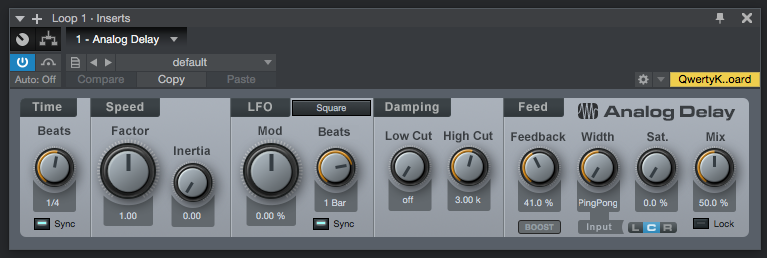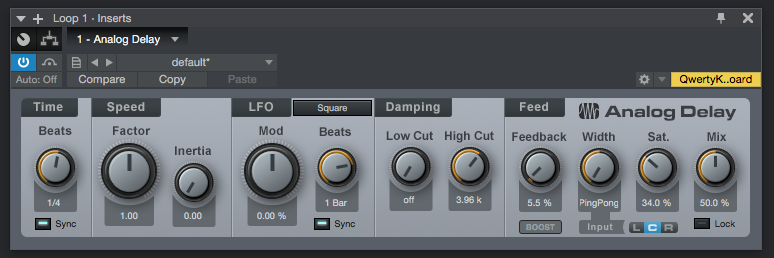The following tutorial shows the user how to use the Presonus Analog Delay plugin in Studio One 4.
Need a Pro Audio laptop to run Presonus Studio One 4 software and all of its features at its best? Check out the MC Mobile line of Pro Audio Laptops from PCAudioLabs.
On the modern days of audio mixing, the digital tools that engineers use in order to shape the recorded sound are called Plugins. Plugins can emulate the behavior of vintage analog pieces of gear, or simply act as clean/linear digital signal processors, performing tasks such as equalization, compression, limiting, expansion, gating, time-domain effects, etc. Studio One 4 comes with a variety of proprietary plugins that can help the user mix a music production completely “in-the-box”.
One of the most used processors that come with Studio One is the Analog Delay, which can be defined as digital emulation of a one-head tape delay that includes optional tempo sync, LFO, filtered feedback, among other functions.
For the purpose of this tutorial, we will explain how to use the Presonus Analog Delay plugin in Studio One 4:
- Open or create a new Studio One 4 song:
2. Open and maximize the MIX tab:
3. From the inserts list of the track, select “Analog Delay”:
The Analog Delay plugin window will open as:
It is easy to see from the previous picture, the Analog Delay plugin has several parameters that can be explained as:
- Sync: When this switch is ON, the delay mode will be synchronized to a tempo subdivision. Otherwise it will be synchronized to a fixed time in miliseconds.
- Beats: This knob lets the user select the tempo subdivision that the delay will follow.
- Factor: This knob modifies the tape speed. It can vary from 0.5 (double the delay length) to 2 (half the delay length).
- Inertia: This knob modifies the speed of changes over time.
- Mod: This knob modifies the effect of the LFO on delay speed.
- Shape: This dropdown list lets the user select the different possible waveforms for the LFO.
- LFO Sync: When this switch is ON, the LFO will be synchronized to a tempo subdivision. Otherwise it will be synchronized to a fixed frequency.
- LFO Beats: This knob lets the user set the tempo subdivision that the LFO will follow in order to modulate the delay.
- Low Cut: This knob controls the cutoff frequency of the high pass filter.
- High Cut: This knob controls the cutoff frequency of the low pass filter.
- Feedback: This knob controls the amount of the delay signal to be fed back into the delay input.
- Boost: When ON, the feedback levels will be boosted.
- Width: This knob controls the stereo width of the delay feedback.
- L/C/R: These buttons let the user select the channel that feeds the delay.
- Sat: This knob adds an emulation of tape saturation.
- Mix: This adjusts the mix of processed and original signals.
For the purpose of this tutorial, we will use the Analog Delay to yield a quarter note delay effect with no modulation and some added saturation. The Analog Delay will be set as:
- Sync: ON.
- Beats: 1/4.
- Factor: 1.
- Inertia: 0.
- Mod: 0%
- Shape: Square.
- LFO Sync: ON.
- LFO Beats: 1 bar.
- Low Cut: OFF.
- High Cut: 3.96 KHz.
- Feedback: 5.5%.
- Boost: OFF.
- Width: Ping Pong.
- L/C/R: C.
- Sat: 34%
- Mix: 50%.
4. Apply the previous configuration, and the Analog Delay plugin should look like this:
At this point we have successfully explained how to use and configure the Analog Delay plugin in Studio One 4. The tutorial has now finished.
Using Presonus Studio One 4 software to produce music would be ideal with one of our professionally designed PCAudioLabs Systems due our high-performance specifications in order to work with any of the Digital Audio Workstations supported. If you would like to order one of our PCAudioLabs computers, please call us at 615-933-6775 or click this link for our website.

